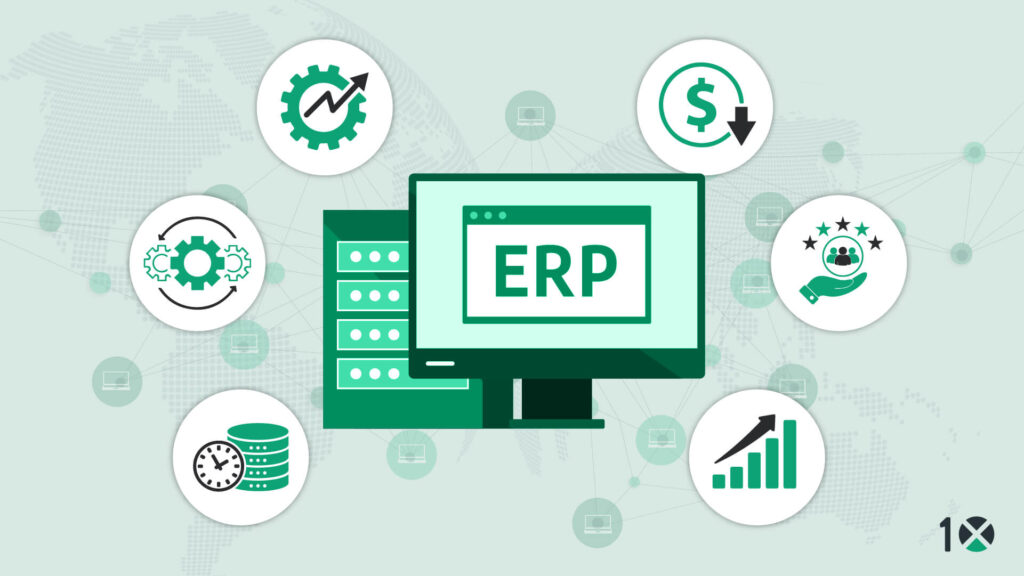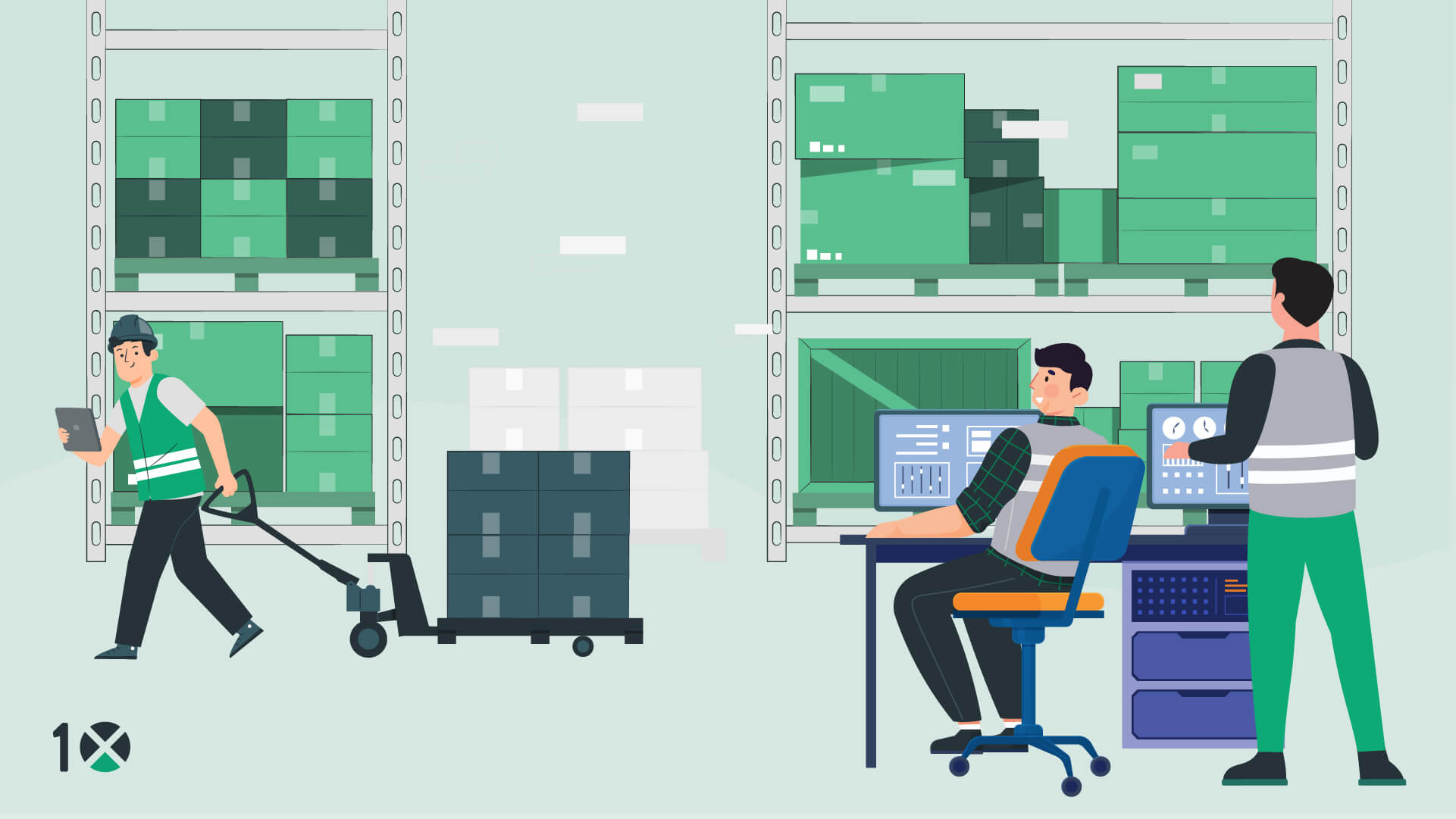Summary
- ERP systems like 10X ERP are vital for small to midsize distribution businesses to manage supply chain disruptions efficiently, offering integrated, real-time operational oversight.
- Advanced analytics and forecasting in ERP systems help anticipate disruptions, optimize inventory levels, and enhance operational resilience and customer satisfaction.
- ERP systems facilitate effective communication, collaboration, and strategic risk management, which is essential for navigating supply chain uncertainties and maintaining efficient operations.
In an era of fluctuating markets and unpredictable supply chain challenges, small to midsize distribution businesses need efficient management strategies. These challenges are magnified by global economic uncertainties and escalating customer expectations, making the role of comprehensive solutions like Enterprise Resource Planning (ERP) systems vital. ERP systems, such as those pioneered by 10X ERP, offer an integrated approach to managing complex business processes, becoming a key tool in mitigating supply chain disruptions and ensuring operational resilience and growth.

The Role of ERP in Supply Chain Management
ERP systems are fundamental in streamlining supply chain operations for distribution businesses. They provide a centralized platform that amalgamates various business functions, allowing for a cohesive view of operations. With real-time data, companies can monitor inventory levels, track supplier performance, and respond swiftly to customer demands. This holistic approach is crucial when dealing with supply chain disruptions. For example, if a supplier fails to deliver, the ERP system’s real-time insights enable quick pivoting to alternative suppliers, minimizing downtime. Furthermore, ERP systems facilitate automation in key areas like order processing, inventory management, and procurement, significantly reducing the margin for error and enhancing operational efficiency. This seamless integration and automation ensure that businesses can respond to current challenges and scale their operations effectively in line with market demands.

Addressing Disruptions with Advanced Analytics and Forecasting
Advanced analytics, a feature intrinsic to contemporary ERP systems like those from 10X ERP, play a pivotal role in preempting supply chain disruptions. These tools employ data analysis to identify patterns and trends, enabling businesses to forecast potential issues and strategize accordingly. Predictive analytics can, for instance, highlight a supplier’s recurring delays, prompting the business to secure alternative sources or adjust inventory levels proactively. This foresight is invaluable in maintaining continuous operations and meeting customer expectations. Moreover, these analytics aid in optimizing inventory levels, ensuring that businesses hold just enough stock to meet demand without tying up excessive capital in unused inventory. This balance is particularly crucial in industries where products have limited shelf lives or where storage costs are significant.

Enhancing Communication and Collaboration
Effective communication and collaboration are integral to managing supply chain disruptions, and ERP systems excel in this domain. By providing a unified platform, ERP systems ensure that all departments, from procurement to customer service, operate with the same information, thus eliminating silos and enhancing overall efficiency. This integration is crucial during disruptions, allowing quick, coordinated responses. Additionally, features like vendor and customer portals in ERP systems promote transparency and streamline interactions with external parties, further bolstering the supply chain’s resilience.

Strategic Planning and Risk Management
Effective supply chain management hinges on strategic and risk management, where Enterprise Resource Planning (ERP) systems excel. These systems empower businesses to simulate diverse scenarios and evaluate their potential outcomes. Such modeling is instrumental in making well-informed decisions, allowing companies to anticipate various market conditions and prepare accordingly. This capability is particularly vital in mitigating the impacts of supply chain disruptions. By leveraging ERP systems, businesses can navigate uncertainties with greater confidence, ensuring they remain resilient and responsive in the face of unforeseen challenges. This strategic foresight is key to maintaining a smooth and efficient supply chain operation.
Conclusion
In summary, ERP systems are indispensable for small to midsize distribution businesses in navigating the complexities of today’s supply chains. They provide a comprehensive suite of tools for real-time monitoring, advanced analytics, enhanced communication, and strategic planning. These capabilities enable businesses to respond effectively to disruptions and anticipate and prepare for them, ensuring continuity and competitiveness. Investing in a robust ERP system, like 10X ERP, is more than a strategic decision; it’s an essential step toward fostering a resilient, adaptable, and thriving business in a challenging global landscape.
